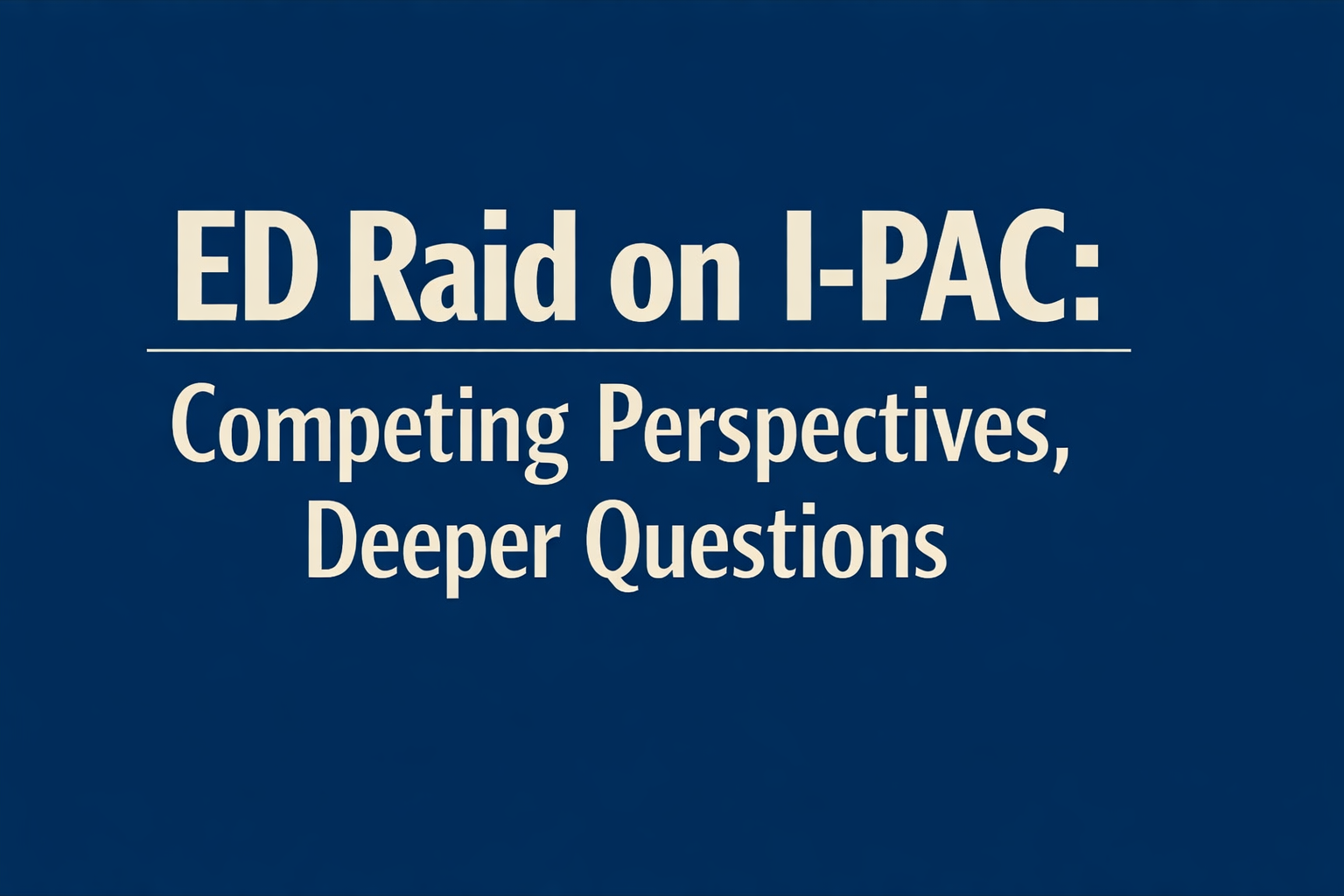

What Should Be Done In Case Of False Rape Cases?
After more than 10 years, the Supreme Court has acquitted two brothers who were found guilty of raping a (then) minor girl. But the persons have already served a long time in prison and their best years are gone for no fault of theirs. Is acquittal a fair form of justice for them? Also, what about the accuser? Should she be let off without any punishment for making this false complaint and destroying their lives? What about investigating officers or public prosecutors and even the judge who delivered the wrong judgment? What should the law do in such a case?By Sunil Garodia
First publised on 2018-08-23 19:33:33
In the instant case, in August 2001, a minor girl complained that two uncles of her took her to their home and raped her in the presence of their family after tying her to a cot. Since the medical report did not substantiate rape, the trial court acquitted the accused. But the girl appealed to the High Court which ordered a retrial. The accused were convicted in the retrial and the High Court upheld the conviction. Since then, pending their appeal in the apex court, the accused have been spending time in jail.
On examining the material on record, the Supreme Court was scathing in blaming the prosecution for relying on assumptions, surmises and conjectures. It also termed the evidence of the victim and her aunts as unreliable and untrustworthy as it was full of contradictions and improbabilities. Hence, the court released the accused as not guilty. In setting aside the previous judgment, the court said that the findings of the courts below do not deserve the merit of acceptance or approval in our hands with regard to glaring infirmities and illegalities vitiating them and the patent errors apparent on the face of record resulting in serious and grave miscarriage of justice to the appellant.
While this is good news for the accused, is this fair justice? Who will compensate for the years they lost in jail for a crime they did not commit? Or the loss of reputation they have suffered? How should the law deal with the girl who filed the false charge or her family who gave false evidence? Is prosecuting them under sections 182, 193, 195 and 211 of IPC and section 340 of CrPC enough, or is it even necessary? One thinks that once the Supreme Court decides that the rape case does not stand, the contrary is also true that the charge that was filed was false. Hence, there is no need to linger the case by prosecuting the accuser and her co-conspirators under the above section. The charge of falsely filing the case is proven by the Supreme Court order. They must be arrested forthwith and given the maximum sentence allowed under any of the above sections. In addition, they must be made to pay the accused for the time spent in jail by applying a formula of how much they would have earned if they were working. The law can be suitably amended to carry this out.
The apex court must also think of a way to punish the prosecutors and investigating officers as it seems to be a clear case of building a false case for favours received. If, as the Supreme Court has said, the previous judgments were so full of patent errors apparent on the face of record resulting in serious and grave miscarriage of justice to the appellant then the court must also devise a way to punish judges who delivered those judgments. No one should be allowed to play games with investigation, prosecution and justice as it seems to have been done in this case.











